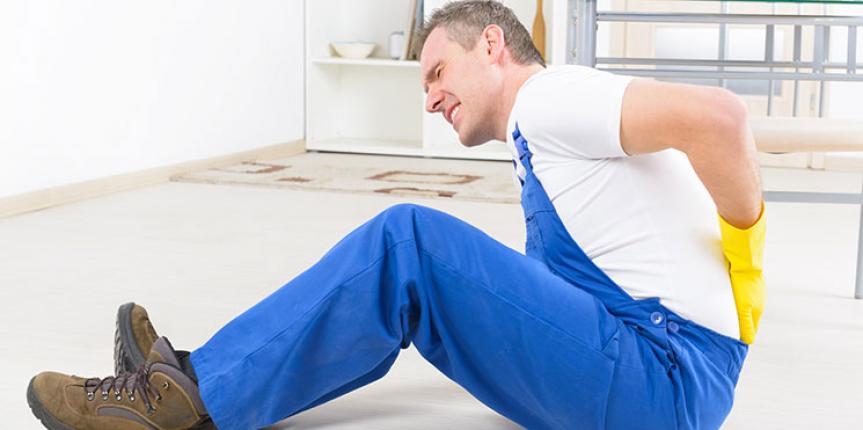A Breakdown of Arizona’s Slip and Fall Law

According to § 12-542 of the ARS, wrongfully injured parties have two years within which they can file claims.
That time limit (called the statute of limitations) begins when "the cause of action accrues". This means that, with a slip and fall incident, an injured party has two years from the date they slipped and fell to bring a legal claim against the property owner.
The Statutes for the Arizona slip and fall law provide that individuals injured on the property of another are entitled to bring injury lawsuits provided their case meets certain eligibility requirements. One limitation to slip and fall claims is that in Arizona, trespassers do not have a legal right to bring lawsuits against property owners if they slip and fall on private property, since property owners do not owe a duty of care to trespassers (§ 12-557 ARS).
In the event that an individual is killed in a slip and fall accident, ARS § 12-611 states that the individual or corporation who would have been held liable for the injury had that injury not led to death can be named as a defendant in a wrongful death action. Wrongful death actions can be filed by a surviving husband, wife, child, parent, guardian or representative of any of those relations.
If a child is injured in a slip and fall accident, either parent of the child has the right to pursue a personal injury legal action on behalf of the "ward" (child) according to ARS § 12-641.
In order to establish a valid wrongful death claim, a plaintiff or his/her attorney must establish:
- Who was the rightful owner/supervisor of the property? The defendant(s) named in the claim must have had actual control and/or ownership of the property on which the slip and fall took place.
- There was a defect or hazard on the property and that the defect or hazard should have been fixed by the property owner or at least warned against.
- The defect or hazard allowed by the property owner was the cause of the plaintiff's accident and ensuing injuries.
- Actual damages resulted from the slip and fall incident. These damages are primarily physical, but could also include emotional and economic harms as well.
If you or someone you love tripped and fell on public property, or a private property you were permitted to be on, you may be entitled to bring a slip and fall claim against the property owner or manager. To learn more, please contact a Phoenix slip and fall lawyer at Friedl Richardson today to discuss your case.






